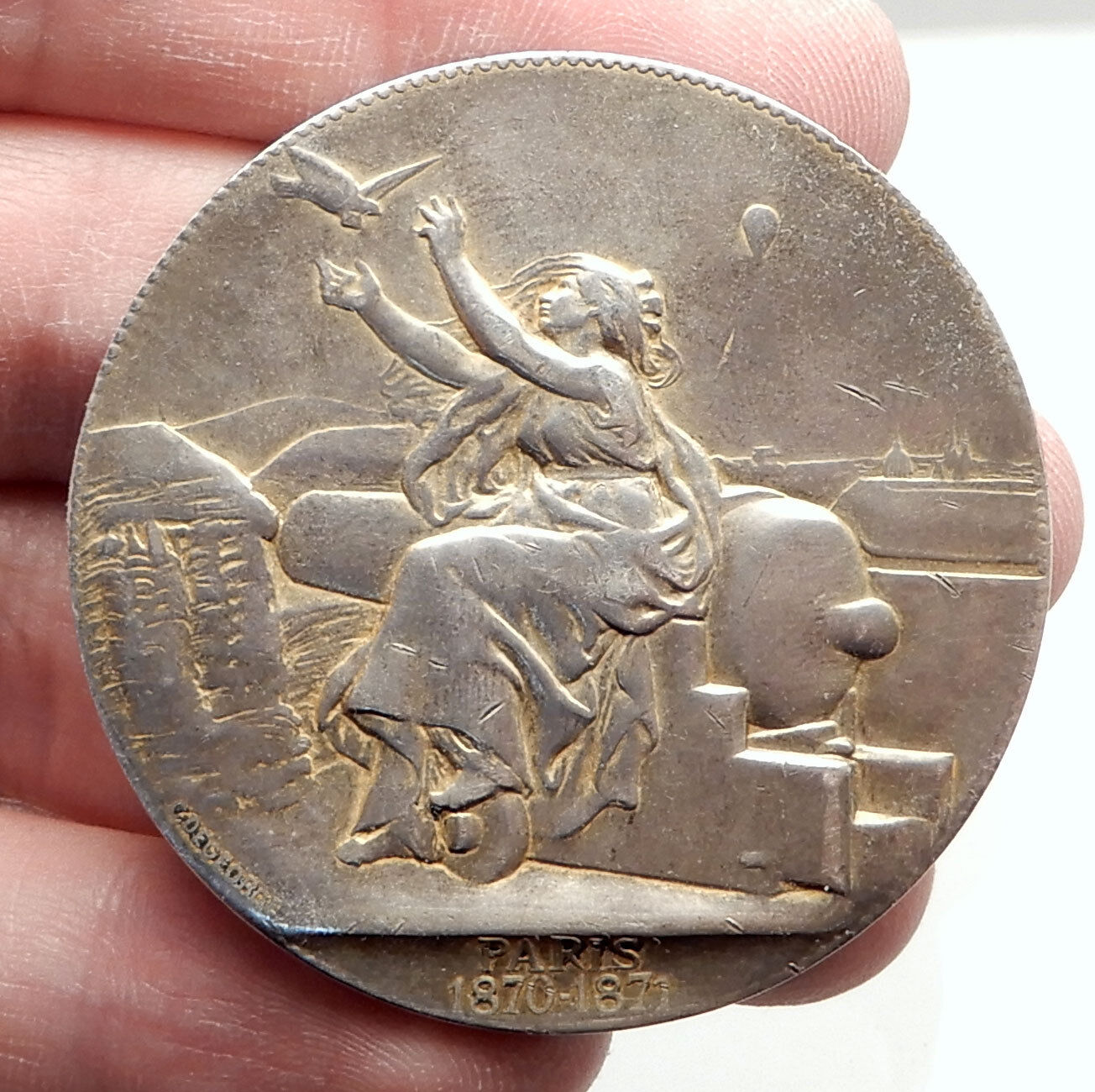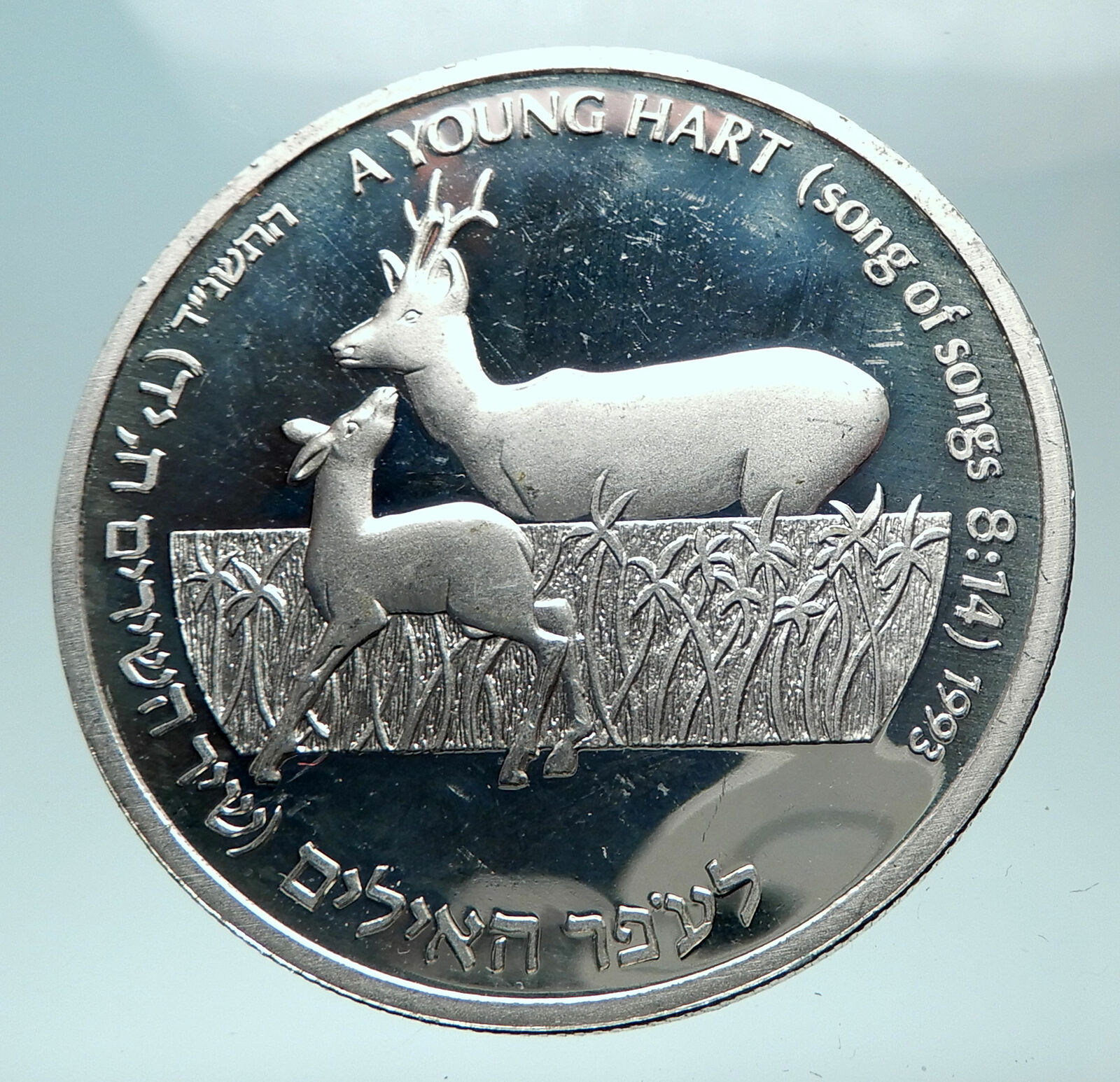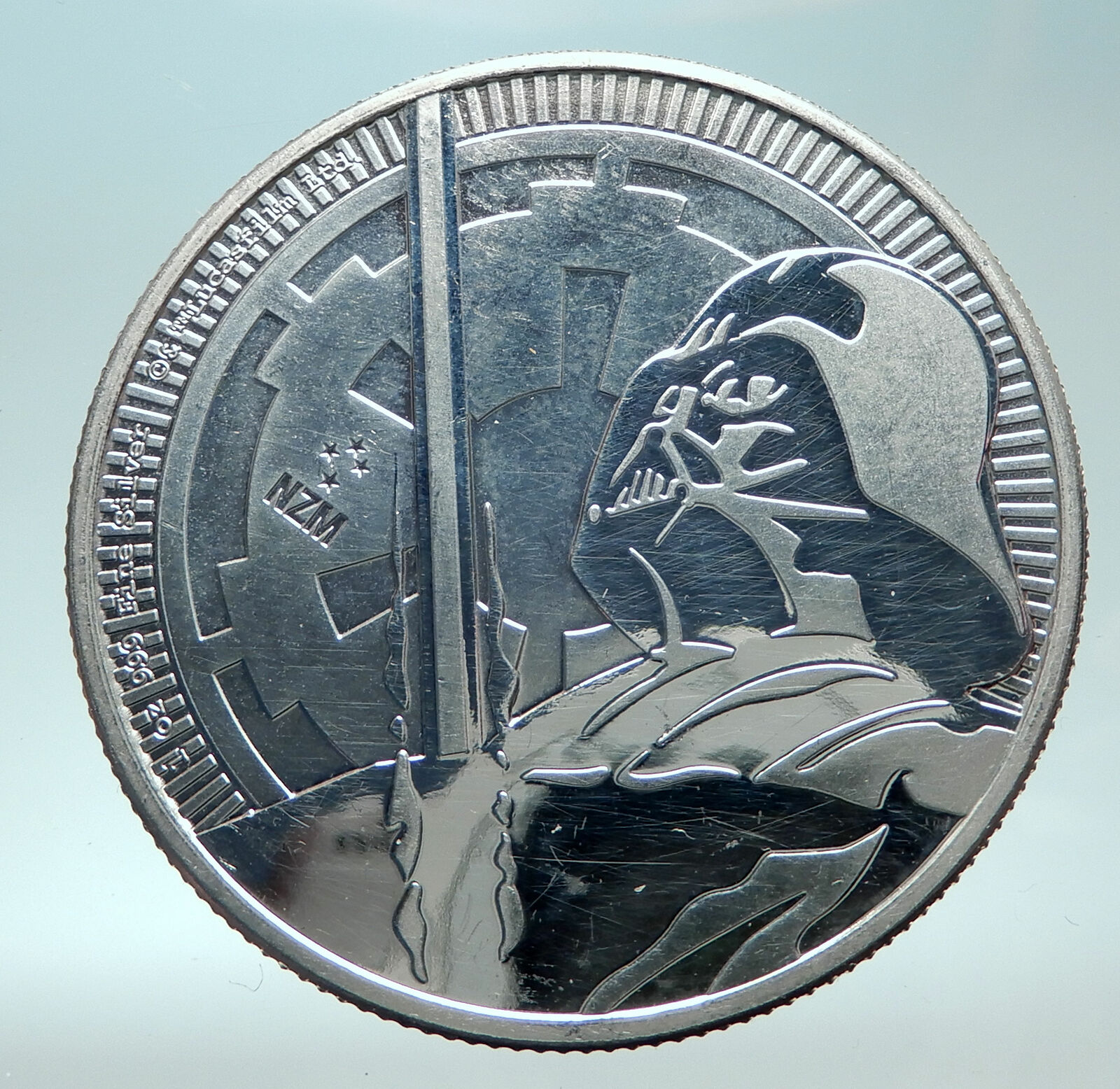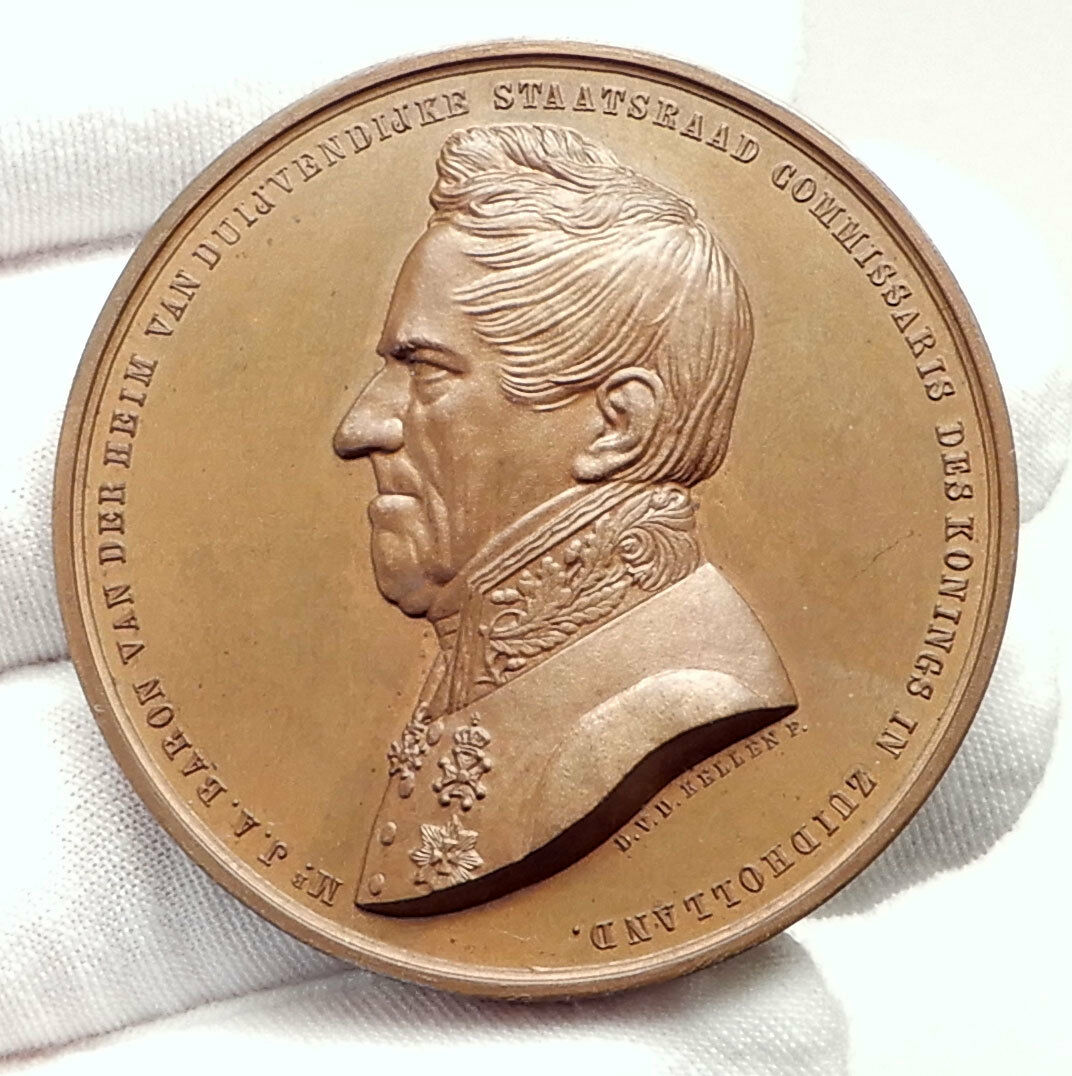|
Vatican – Saint Peter’s Cathedral – Pope Paul VI
1968 Silver Medal 38mm (26.54 grams) 0.788 oz. ASW
* PAULUS VI PONT MAXIMUS *VATICAN II 1965 A.M., Pope facing 3/4 left.
ST. PETER’S BASILICA VATICAN CITY CCMS 6 1968, Facade of Cathedral.
You are bidding on the exact item pictured, provided with a Certificate of Authenticity and Lifetime Guarantee of Authenticity.
Pope Paul VI (Latin: Paulus VI; Italian: Paolo VI), born Giovanni Battista Enrico Antonio Maria Montini ( 26 September 1897 – 6 August 1978), reigned as Pope from 21 June 1963 to his death in 1978. Succeeding Pope John XXIII, he continued the Second Vatican Council which he closed in 1965, implementing its numerous reforms, and fostered improved ecumenical relations with Eastern Orthodox and Protestants, which resulted in many historic meetings and agreements. Montini served in the Vatican’s Secretariat of State from 1922 to 1954. While in the Secretariat of State, Montini and Domenico Tardini were considered as the closest and most influential colleagues of Pope Pius XII, who in 1954 named him Archbishop of Milan, the largest Italian diocese. Montini later became the Secretary of the Italian Bishops Conference. John XXIII elevated him to the College of Cardinals in 1958, and after the death of John XXIII, Montini was considered one of his most likely successors. Upon his election to the papacy, Montini took the name Paul VI. He re-convened the Second Vatican Council, which was automatically closed with the death of John XXIII, and gave it priority and direction. After the council had concluded its work, Paul VI took charge of the interpretation and implementation of its mandates, often walking a thin line between the conflicting expectations of various groups within Catholicism. The magnitude and depth of the reforms affecting all fields of Church life during his pontificate exceeded similar reform policies of his predecessors and successors. Paul VI was a Marian devotee, speaking repeatedly to Marian congresses and mariological meetings, visiting Marian shrines and issuing three Marian encyclicals. Following his famous predecessor Saint Ambrose of Milan, he named Mary as the Mother of the Church during the Second Vatican Council. Paul VI sought dialogue with the world, with other Christians, other religions, and atheists, excluding nobody. He saw himself as a humble servant for a suffering humanity and demanded significant changes of the rich in North America and Europe in favour of the poor in the Third World. His positions on birth control, promulgated most famously in the 1968 encyclical Humanae vitae, and other political issues, were often controversial, especially in Western Europe and North America. Pope Benedict XVI declared that the late pontiff lived a life of heroic virtue and conferred the title of Venerable upon him. Pope Francis beatified him on 19 October 2014 after the recognition of a miracle attributed to his intercession. His liturgical feast is celebrated on the date of his birth on 26 September.
 Saint Peter (r. AD 30; died between AD 64 and 68) also known as Simon Peter, Simeon, Simon), Cephas, or Peter the Apostle, was one of the Twelve Apostles of Jesus Christ, and one of the first leaders of the early Church. Saint Peter (r. AD 30; died between AD 64 and 68) also known as Simon Peter, Simeon, Simon), Cephas, or Peter the Apostle, was one of the Twelve Apostles of Jesus Christ, and one of the first leaders of the early Church.
According to Christian tradition, Peter was crucified in Rome under Emperor Nero. He is traditionally counted as the first bishop of Rome-or pope-and also by Eastern Christian tradition as the first patriarch of Antioch. The ancient Christian churches all venerate Peter as a major saint and as the founder of the Church of Antioch and the Diocese of Rome, but differ in their attitudes regarding the authority of his successors. According to Catholic teaching, in Matthew 16 (Matthew 16:18) Jesus promised Peter a special position in the Church.
In the Acts of the Apostles, New Testament authorship is foreseen from Peter the writer of the epistle to the Hebrews and John the writer of the book of Revelation: “Now when they saw the boldness of Peter and John, and perceived that they were unlearned and ignorant men, they marvelled; and they took knowledge of them, that they had been with Jesus” (Acts 4:13). The Gospel of Mark was traditionally thought to show the influence of Peter’s preaching and eyewitness memories. Several other books bearing his name-the Acts of Peter, Gospel of Peter, Preaching of Peter, Apocalypse of Peter, and Judgment of Peter-are considered by Christian denominations as apocryphal, and are thus not included in their Bible canons.
|





 Saint Peter (r. AD 30; died between AD 64 and 68) also known as Simon Peter, Simeon, Simon), Cephas, or Peter the Apostle, was one of the Twelve Apostles of Jesus Christ, and one of the first leaders of the early Church.
Saint Peter (r. AD 30; died between AD 64 and 68) also known as Simon Peter, Simeon, Simon), Cephas, or Peter the Apostle, was one of the Twelve Apostles of Jesus Christ, and one of the first leaders of the early Church. 




